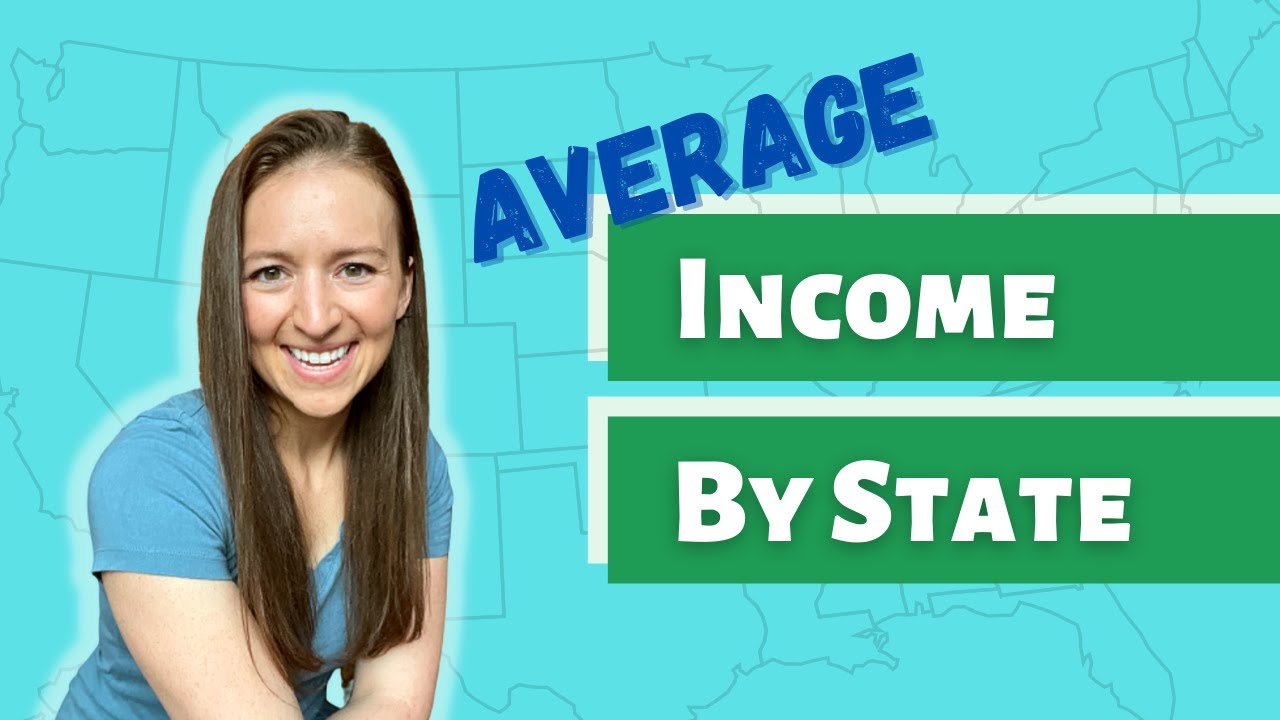An Overview of Rhode Island’s Income Statistics
Rhode Island, the smallest state in the United States by land area, boasts a diverse and vibrant economy. It is home to a range of industries, including manufacturing, healthcare, education, and finance. One key measure of economic prosperity is the mean income, which provides valuable insights into the overall financial well-being of Rhode Islanders.
Understanding the Concept of Mean Income
Mean income, often referred to as average income, is the total income earned by a specific group divided by the number of individuals in that group. It is a useful statistic for understanding the overall income level of a population. Mean income takes into account all sources of income, including wages, salaries, investments, and government assistance.
Methodology Used to Determine Mean Income
The mean income in Rhode Island is calculated using data collected by the U.S. Census Bureau. The bureau conducts the American Community Survey (ACS), which asks respondents about their income. The sample size for Rhode Island is significant, providing reliable and representative data. The ACS captures income from all sources and covers individuals of all ages, making it a comprehensive measure of mean income.
Factors Affecting Rhode Island’s Mean Income
Several factors contribute to the mean income in Rhode Island. The presence of high-paying industries, such as pharmaceuticals and biotechnology, positively impacts the average income. Additionally, the level of educational attainment, workforce skills, and job availability play a crucial role in determining income levels. Economic policies, taxation, and cost of living are other factors that can influence mean income in the state.
How Does Rhode Island Compare Nationally?
When comparing Rhode Island’s mean income to the national average, the state consistently falls slightly below the U.S. average. Factors such as the high cost of living and the size of the state’s population contribute to this disparity. However, it is important to note that Rhode Island’s mean income has been steadily increasing in recent years, reflecting positive economic growth.
The Mean Income Disparity in Rhode Island
Rhode Island, like many states, experiences income disparity among its residents. While the mean income provides an average, it does not capture the full picture. There is a significant gap between the highest and lowest income earners in the state. This income disparity highlights the need for policies and programs that promote economic equality and support those with lower incomes.
Examining the Mean Income by Gender in Rhode Island
Gender plays a role in determining mean income in Rhode Island. On average, men tend to earn higher incomes than women. This gender wage gap can be attributed to various factors, including occupational segregation, discrimination, and differences in educational attainment. Efforts to achieve gender pay equity are ongoing, with initiatives aimed at addressing these disparities and promoting fair compensation.
Exploring the Mean Income by Race in Rhode Island
Race and ethnicity also influence mean income in Rhode Island. While it is important to note that individuals within each racial or ethnic group have varying income levels, there are disparities across different communities. Historically marginalized groups, such as Black and Hispanic populations, tend to have lower mean incomes compared to white and Asian populations. Addressing these disparities requires a multifaceted approach, including educational opportunities, workforce development, and anti-discrimination policies.
Mean Income Distribution Across Different Age Groups
Mean income varies across different age groups in Rhode Island. Younger individuals, particularly those just entering the workforce, tend to have lower mean incomes. As individuals gain experience and advance in their careers, their mean income generally increases. However, in recent years, there has been a growing concern about the financial challenges faced by older adults, as factors such as rising healthcare costs and retirement planning impact their mean income.
The Impact of Education on Mean Income in Rhode Island
Education has a significant impact on mean income in Rhode Island. Individuals with higher levels of education, such as college graduates and those with advanced degrees, tend to have higher mean incomes. Education not only provides individuals with the necessary skills for high-paying jobs but also opens doors to greater career opportunities. Investing in education and expanding access to quality education can help improve mean income levels across the state.
Future Implications for Rhode Island’s Mean Income Trends
Rhode Island’s mean income trends are influenced by a range of factors, including economic growth, job creation, and changing demographics. As the state continues to invest in industries such as technology and innovation, there is potential for increased mean income levels. However, addressing income disparities, improving educational opportunities, and promoting equitable economic policies will be crucial in ensuring sustained growth and prosperity for all Rhode Islanders in the future.





